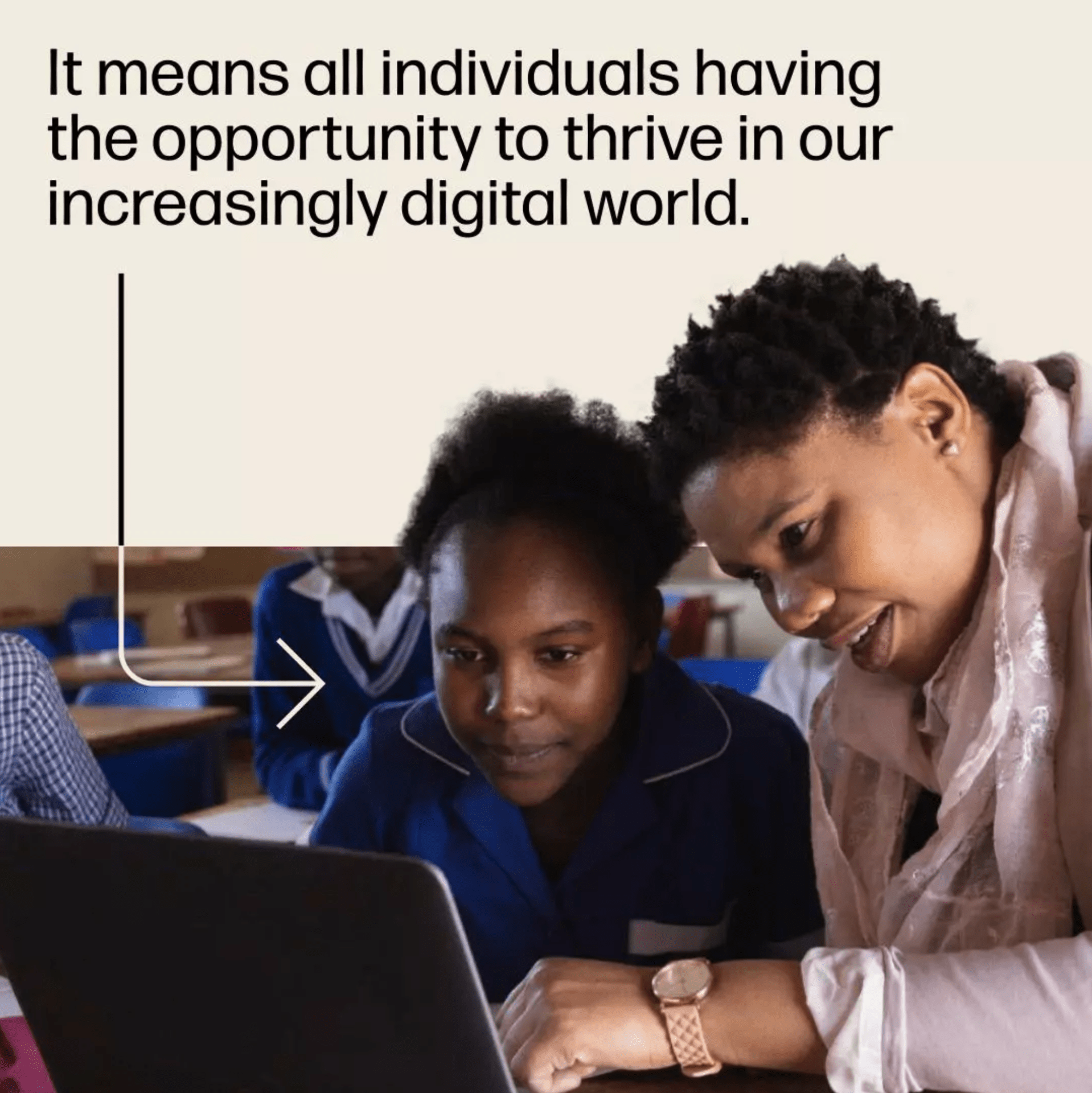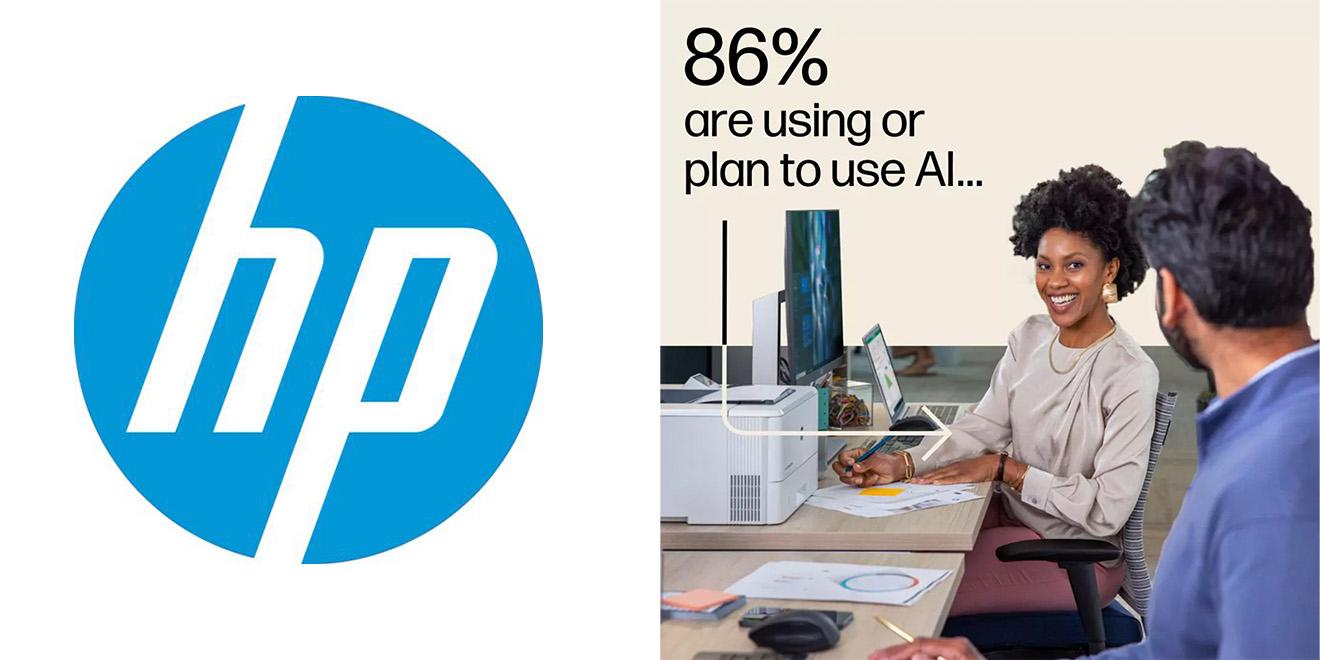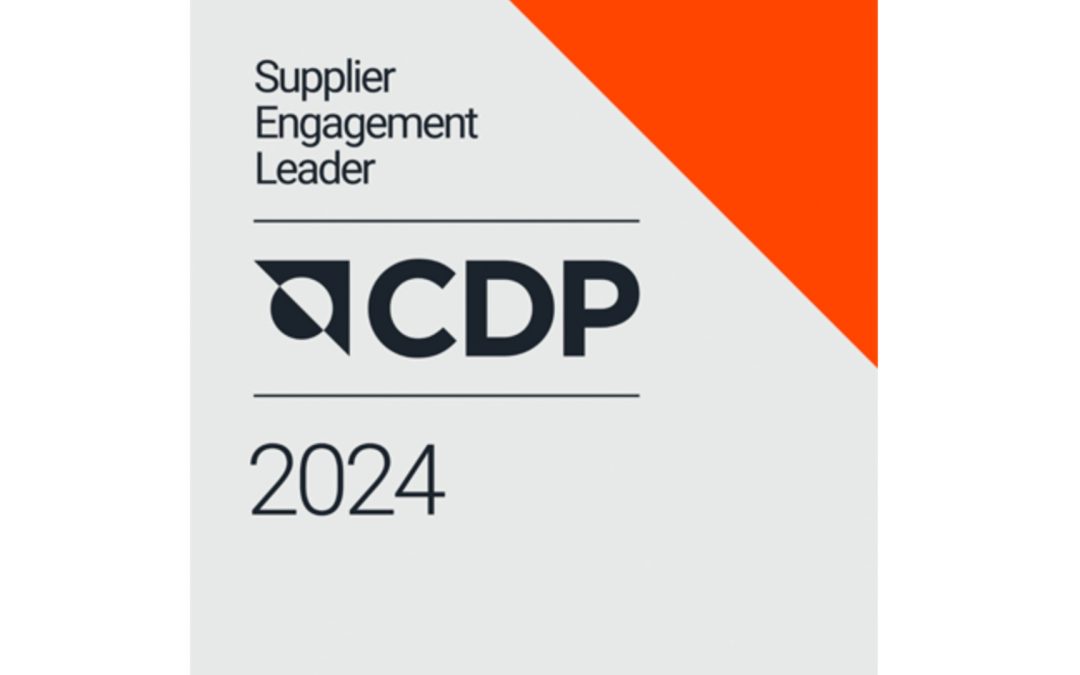HP Inc. unveiled a new study with Oxford Economics revealing enthusiasm among global leaders to use technology including AI to advance key impact goals.
The study of business executives and government officials in 10 countries found three out of four leaders believe technology is key to expanding economic opportunity (76%) and that AI will help drive progress towards sustainability and social impact goals (76%).
 Further, business leaders are either already using AI or plan to in the next 1-2 years for goals such as increasing access to digital education (90%), workforce development (89%), and workforce diversity (86%).
Further, business leaders are either already using AI or plan to in the next 1-2 years for goals such as increasing access to digital education (90%), workforce development (89%), and workforce diversity (86%).
“AI’s reach holds great promise to help HP accelerate our sustainable and social impact goals,” said Stephanie Dismore, HP’s Northwest Europe Market Senior Vice President and Managing Director. “From how we responsibly build AI PCs for first-time users to data scientists who use our workstations to help local farmers build more resilient businesses, this is the technology that can move businesses and our communities forward.”
About one-third of the global population remains offline, costing the world billions of dollars in lost GDP each year. The digital divide has been growing since the advent of technology, and AI could exacerbate these disparities.
“Everyone deserves an opportunity to access tools and skills that will allow them to thrive in the digital economy,” said Nancy Powell, HP’s UK&I Sustainability Lead. “As part of our efforts to support local communities and narrow the digital divide, we recently worked with the Tottenham Foundation to supply children leaving care in Haringey with new laptops and digital skills training. Our hope is that by continuing to invest in digital equity initiatives, we can make sure the benefits of digital are open to everyone.”
In its latest Sustainable Impact report released today, HP announced it has accelerated digital equity for more than 45 million people since 2021, bringing the organisation nearly a third of the way to its goal of reaching 150 million people by 2030.
The rapid progress is a result of innovative partnerships with key organizations that create tailored solutions for communities. HP pursues impactful programs, strategic investments and partnerships that prioritise those mostly likely to experience the digital divide.
In 2023, HP:
- Published a bilingual Welsh-English children’s book in partnership with Wrexham AFC and NABU titled The Lucky Dragon (Y Ddraig Lwcus). The book celebrates the Welsh language and culture within the Wrexham community, and promotes bilingual literacy and digital equity through digitally accessible and culturally relevant literature, featuring Wrexham’s local characters and locations.
- Supported digital equity solutions developed by ten organisations in Malaysia, South Africa and Mexico with the Digital Equity Accelerator, such as improvements in digital literacy to access employment, access to educational hardware and software in schools and development of digital platforms to support improved health outcomes. In total, the Accelerator reached 6.4 million people in 2023.
- Launched more than 100 Digital Hubs in partnership with World YMCA to support digital programming and literacy. For example, the West Orem Digital Hub, provided by YMCA Houston in Texas aims to increase community access to educational, economic, and social opportunities for young people, support services for families, and digital literacy courses for aging members of the community. More than 500,000 individuals were reached globally in 2023.
The study showed that both business and government officials report lack of skills as a top barrier to meeting key organisational goals, only economic volatility ranked higher.
“HP’s global workplace study, the Work Relationship Index, found that business leaders are far more confident on the benefits AI will bring to employee productivity, than the employees were themselves,” said Stephanie Dismore “Therefore, it’s vital businesses begin investing in AI-based skills training as soon as possible to ensure not only business success, but continued employee growth and engagement at this pivotal moment for technology.”
Skills-building is a core piece of HP’s digital equity approach. As a result, HP is expanding its goal to enrol 2.75 million users in the free skills-building programme HP LIFE. The programme from the HP Foundation has already enrolled and enabled more than 1.2 million users to access economic opportunities or start businesses.
HP commissioned Oxford Economics to conduct independent research on this topic. The survey was conducted October to November 2023 in 10 countries: the U.S., France, India, U.K., Germany, Japan, China, Mexico, Brazil, and Canada. Oxford Economics surveyed 1,036 business leaders (C-suite and direct reports) and government officials in total, approximately 100 per country.




















